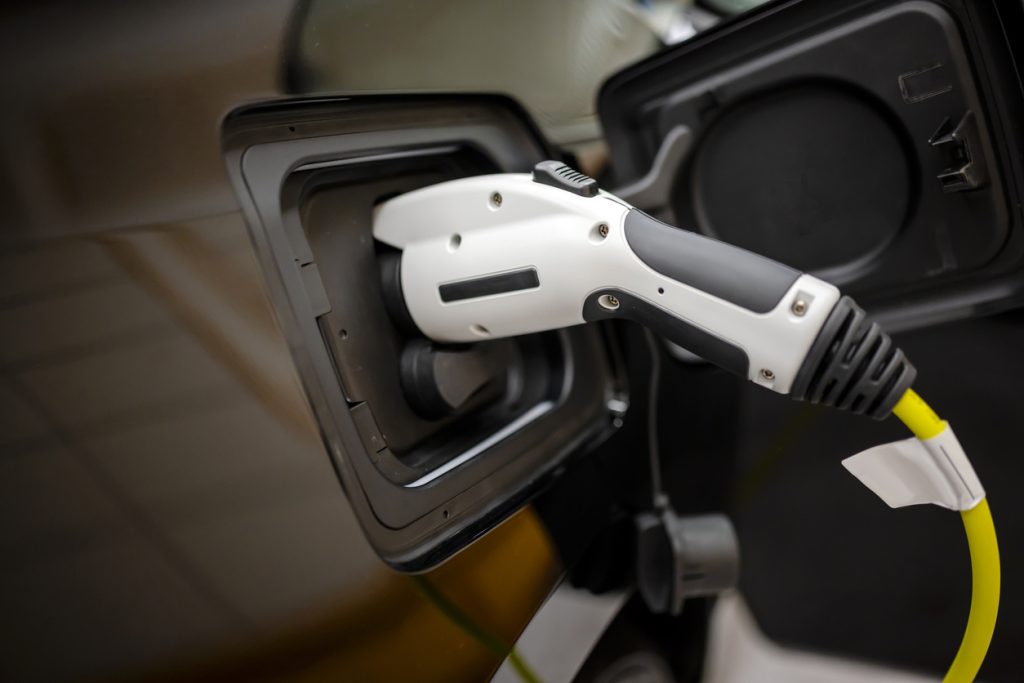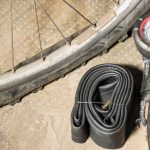In today’s connected world, keeping your devices charged while on the road is essential for Nigerian drivers. Whether you rely on GPS navigation, communication apps, or just want to stay connected during long trips, a car charger is a must-have. However, proper car charger installation is crucial to ensure safety, prevent damage to your car’s electrical system, and optimize charging efficiency. Travo.ng provides a step-by-step guide and expert tips for Nigerian drivers to install car chargers safely and effectively.
Why Car Charger Installation Matters in Nigeria
Driving conditions in Nigeria make it easy to underestimate the importance of reliable car charging:
- Long road trips: Traveling between cities like Lagos, Abuja, or Port Harcourt often requires devices to stay powered.
- Navigation needs: GPS apps are critical for urban traffic and unfamiliar routes.
- Safety and communication: Staying reachable in case of emergencies is essential.
Poor installation can lead to:
- Electrical short circuits.
- Device damage due to inconsistent power supply.
- Increased wear on your car battery.
Proper installation ensures efficiency, safety, and longevity for both your devices and your vehicle.
Types of Car Chargers
Understanding the types of car chargers available helps Nigerian drivers choose the right one:
- USB Car Chargers
- Simple plug-and-play solution.
- Ideal for smartphones, tablets, and small devices.
- Fast Chargers
- Provides higher voltage for rapid charging.
- Compatible with modern devices that support fast charging.
- Multi-Port Car Chargers
- Allows multiple devices to charge simultaneously.
- Useful for family trips or ridesharing drivers.
- Wireless Car Chargers
- Convenient for devices that support wireless charging.
- Reduces cable clutter in your vehicle.
Step-by-Step Guide to Installing a Car Charger
Follow these steps for safe and efficient installation in Nigerian cars:
- Choose the Right Charger
- Ensure compatibility with your car’s voltage and device requirements.
- Locate the Power Source
- Most chargers plug into the cigarette lighter socket or USB port.
- For built-in installations, identify fuse box connections or accessory circuits.
- Connect Properly
- Plug the charger securely into the socket.
- For permanent installations, follow manufacturer wiring instructions.
- Secure the Cables
- Route cables away from pedals, steering, and hot surfaces.
- Use clips or cable organizers to prevent tangling or interference.
- Test the Installation
- Turn on the vehicle and check if the charger powers your devices.
- Ensure no sparks, overheating, or unusual noises occur.
Tips for Nigerian Drivers
- Avoid cheap or unbranded chargers—they may damage your devices or car battery.
- Regularly inspect cables and connections for wear and tear.
- Do not overload the charger by connecting too many high-powered devices at once.
- Consider professional installation for permanent or complex setups.
- Use chargers with built-in safety features such as surge protection and automatic shutoff.
Why Nigerian Drivers Trust Travo.ng
Travo.ng is more than a logistics and travel company—it’s a trusted guide for vehicle owners and drivers across Nigeria. Our expertise helps drivers make informed choices about car accessories, maintenance, and safety. By following Travo.ng’s advice on car charger installation, Nigerian drivers can enjoy reliable device charging, safer rides, and peace of mind on every journey.
Conclusion
Installing a car charger correctly is essential for safety, efficiency, and convenience on Nigerian roads. From understanding the types of chargers to following proper installation steps and maintenance tips, Nigerian drivers can ensure their devices stay powered without risking their car’s electrical system. Trust Travo.ng to provide expert guidance and practical advice for all your automotive needs, keeping you connected wherever your journey takes you.







